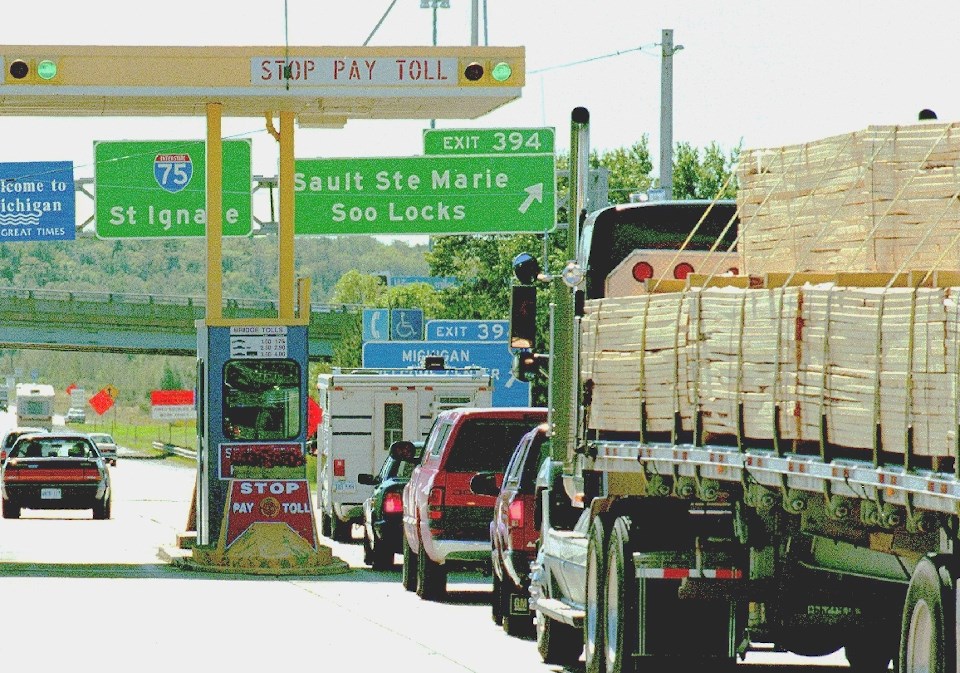Joe Biden's renewal of the 'Buy American' plan doesn't exactly fly with provincial trade czar Vic Fedeli.
In a statement, the provincial minister of economic development, job creation and trade warned the U.S. shouldn't take this is annual $400-billion trade relationship for granted, as it supports jobs on both sides of the border.
If Ontario were its own country, it would be America's third largest trade partner, the province said.
"The Ontario government is disappointed that the U.S. Administration has chosen to move ahead with a new executive order on Buy American which would restrict access to the U.S. government procurement," said Fedeli in a Jan. 26 statement.
"We are concerned with what these measures could mean for Ontario workers, families and businesses who rely on the U.S.-Ontario trading relationship."
Fedeli has pushed back against this protectionist stance ever since he was mayor of North Bay.
His government is calling on Ottawa to ensure Canada is exempt from these provisions, advocating instead for a "Buy North American" approach.
Meanwhile, Queen's Park said it will try to shore up U.S. support by pursuing Strategic Investment and Procurement Agreements (SIPAs) with U.S. states to make it easier for businesses on both sides of the border to work with one another.
The U.S. Chamber of Commerce said in a release that this policy might send a negative investment message to international companies that employ nearly eight million Americans.
"Doubling down on already rigorous 'Buy American' rules could drive up the cost of government projects, undermining their potential to create jobs and spur economic growth. Further, expanding 'Buy American' rules may send a negative signal to potential foreign investors in the United States.
In a backgrounder, the chamber explains that 'Buy American' policies have been a feature of Washington for decades, ever since the Buy American Act was passed in 1933, requiring the federal government to show preference to U.S.-made products in its procurement.
This particularly applies to mass transit contracts where federal grants are involved and where American iron and steel is required in transportation infrastructure construction. To date, 97 per cent of American tax dollars spent on government procurement already goes to American firms, especially in the defence sector.
